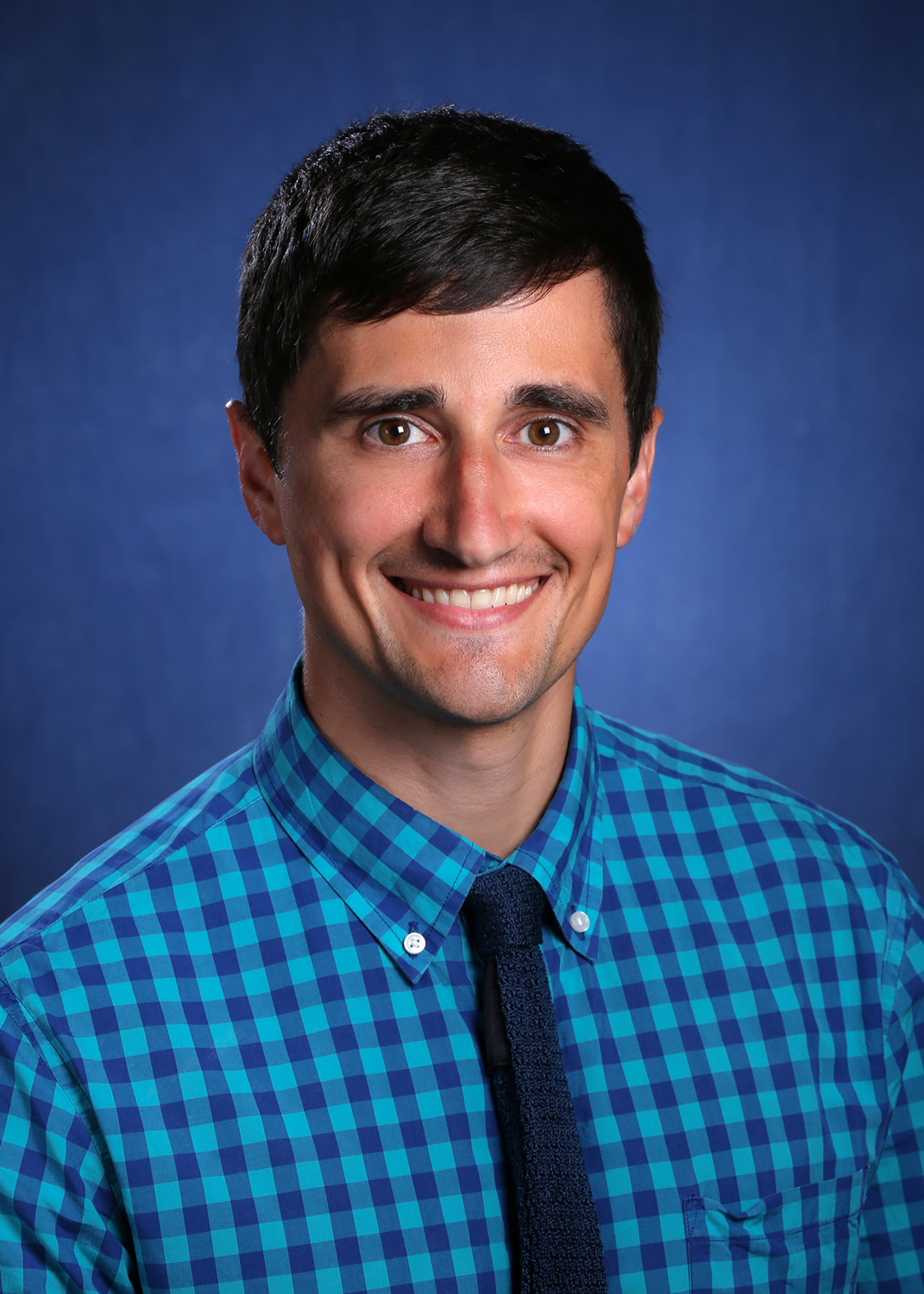The Taubman Institute has appointed a physician-researcher studying macular degeneration as the latest member of its Emerging Scholars Program.
Thomas J. Wubben, MD, PhD, is an assistant professor at Michigan Medicine’s Kellogg Eye Center, where he cares for patients with diseases of the retina.
Dr. Wubben is a translational-research ophthalmologist whose clinical specialization is in vitreoretinal surgery. His research program aims to develop novel therapeutic strategies that target cellular metabolism to prevent vision loss in retinal degenerative diseases.
As an Emerging Scholar, Dr. Wubben will join the Taubman community at U-M for collaboration, mentoring and five years of financial support toward his research program. His appointment is named for Robert and Patricia Huiskamp of Kalamazoo, who are providing the funding for this award.
Dr. Wubben’s Emerging Scholar grant will initially fund investigation of glycolysis – the process cells use to change sugar into energy – during the formation of blood vessels that characterize wet age-related macular degeneration (AMD).
This disease occurs when new blood vessels in the eye grow abnormally, leading to irreversible vision loss. According to the federal Centers for Disease Control and Prevention, nearly 20 million Americans aged 40 and over are affected by wet AMD.
Current therapies require frequent visits to the physician for injections into the eye and demonstrate variable patient responses with vision loss over time. So, novel therapies that overcome these limitations and prevent vision loss are needed.
To address this significant need, Dr. Wubben’s research has identified a way to activate a protein in the cells of the eye, which may suppress glycolysis and the formation of the damage-causing blood vessels.
“I am truly honored and grateful to be appointed the Robert and Patricia Huiskamp Emerging Scholar, and it is a great recognition of the impactful work being done by all members of the laboratory,” said Dr. Wubben.
“This award will provide me the means to undertake high-risk science, accelerate the discovery of novel therapies, and translate these therapies from the bench to the bedside with potentially enormous impact on the visual outcomes of the ever-growing number of patients faced with age-related macular degeneration,” he said.
The Emerging Scholars Program was established by the late A. Alfred Taubman, benefactor of the Taubman Institute. He believed that helping early-career physician-scientists establish and sustain their research programs was a crucial step in maintaining a robust pipeline of future biomedical discovery. They also provide an opportunity for individuals and families to directly finance research in a field of interest, from a selection of top applicants who are vetted by the institute’s executive committee.
“One of the strengths of the Taubman Institute is our ability to identify candidates who not only are dedicated physicians and passionate scientists, but who have the leadership skills and vision to drive ambitious discovery for years to come,” said Charles F. Burant, MD, PhD, director of the Taubman Institute. “Our Emerging Scholar program provides these early-career investigators with the time, funding, project management and mentorship support they need in order to establish their research programs.
“We are proud that many of our past Emerging Scholars have gone on to attract prestigious biomedical research grants, to assume top positions at academic medical centers and to be honored with professorships. Generous donors such as the Huiskamp family underwrite the Emerging Scholar grants, and we are extremely grateful for their forward-thinking philanthropy and interest in our researchers and their projects.”






